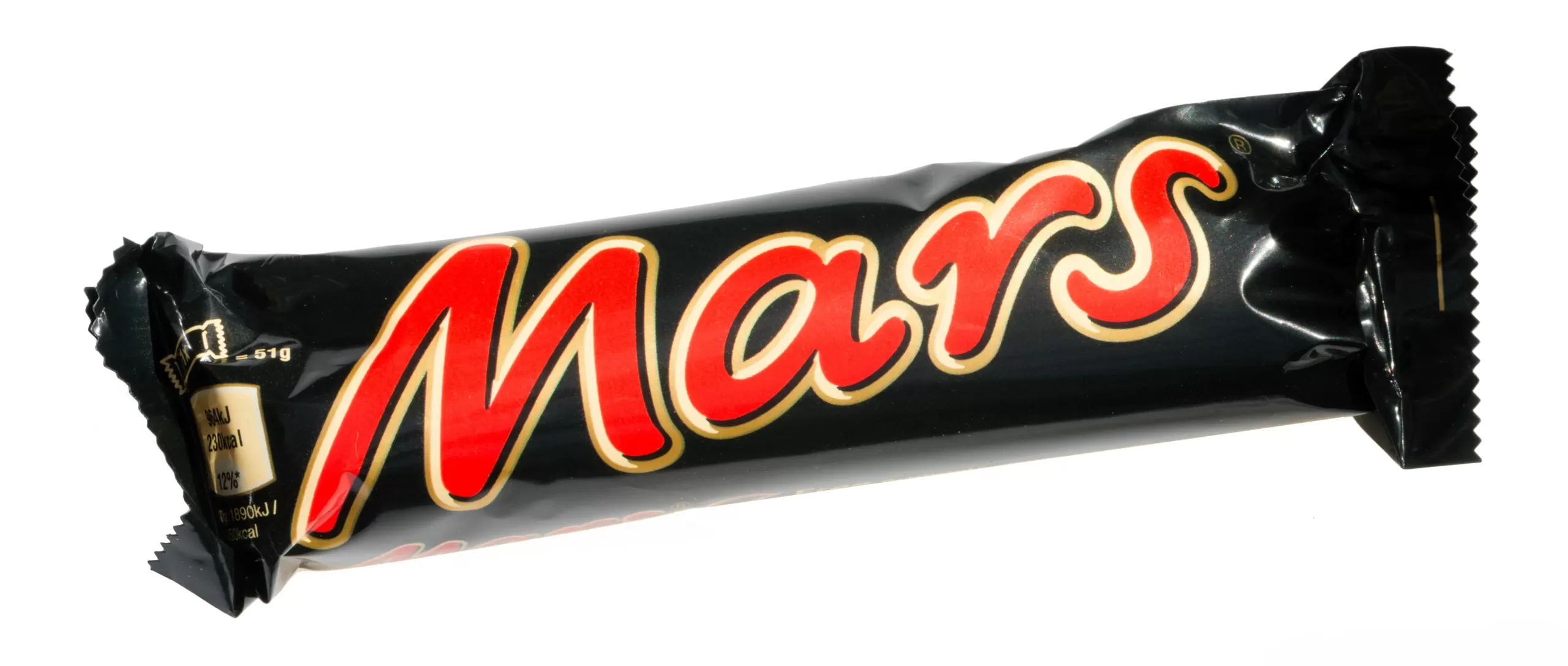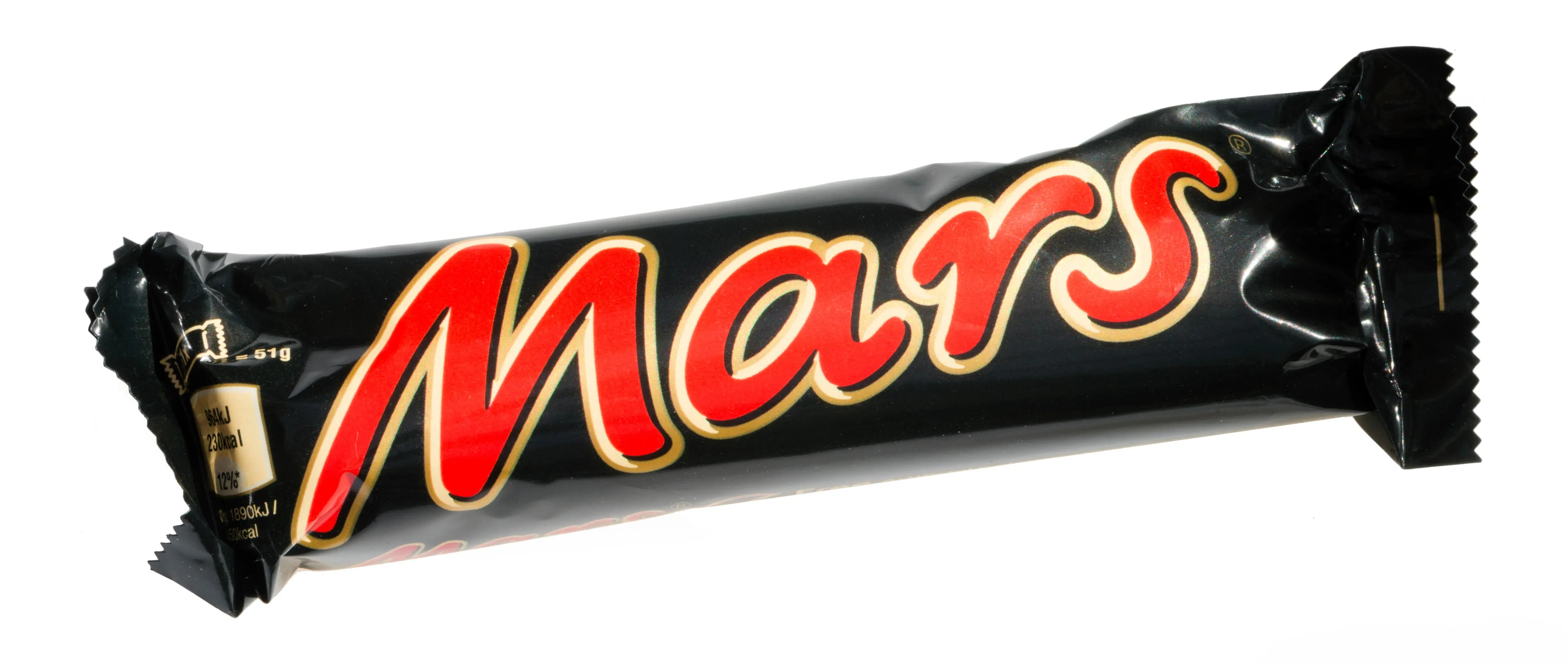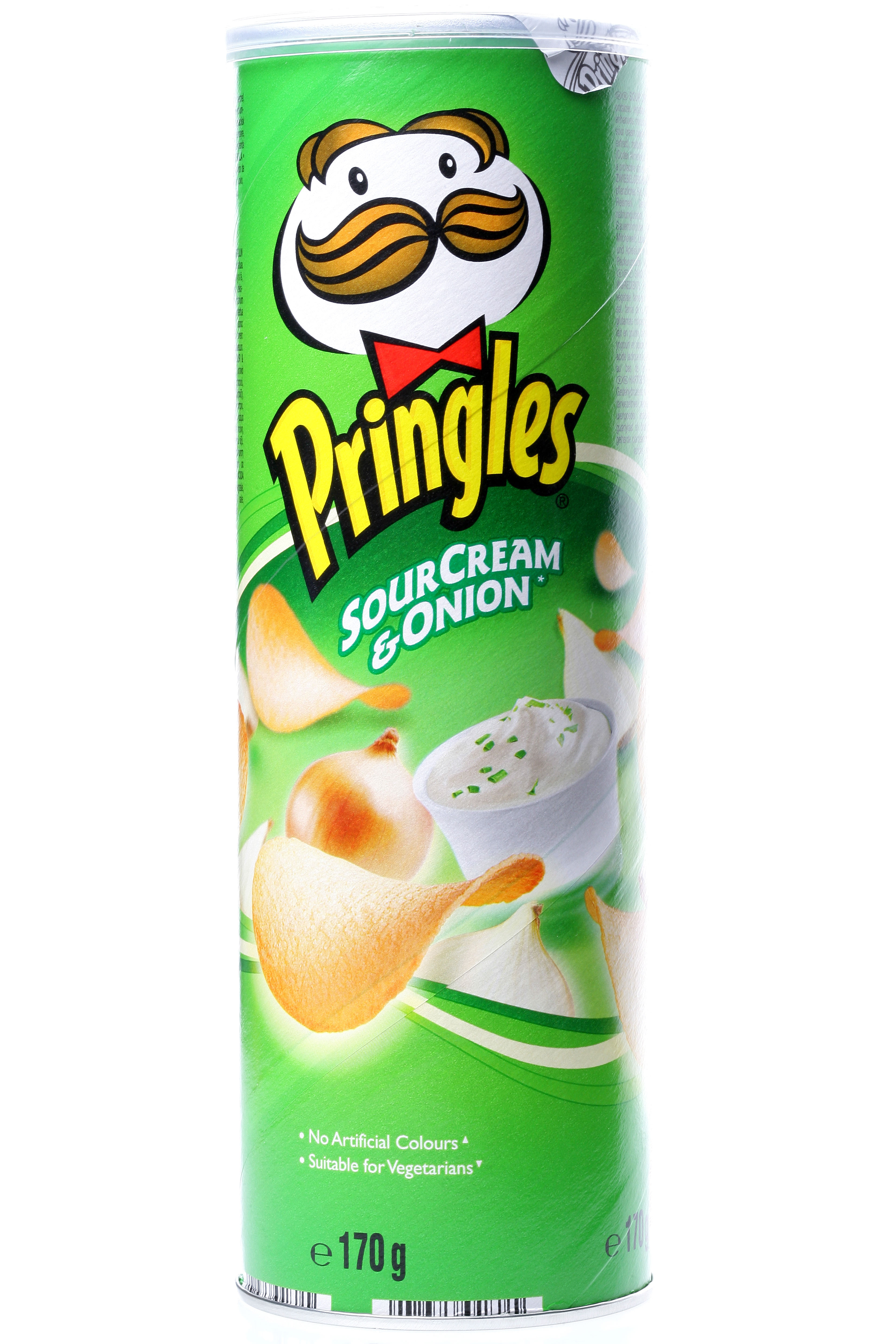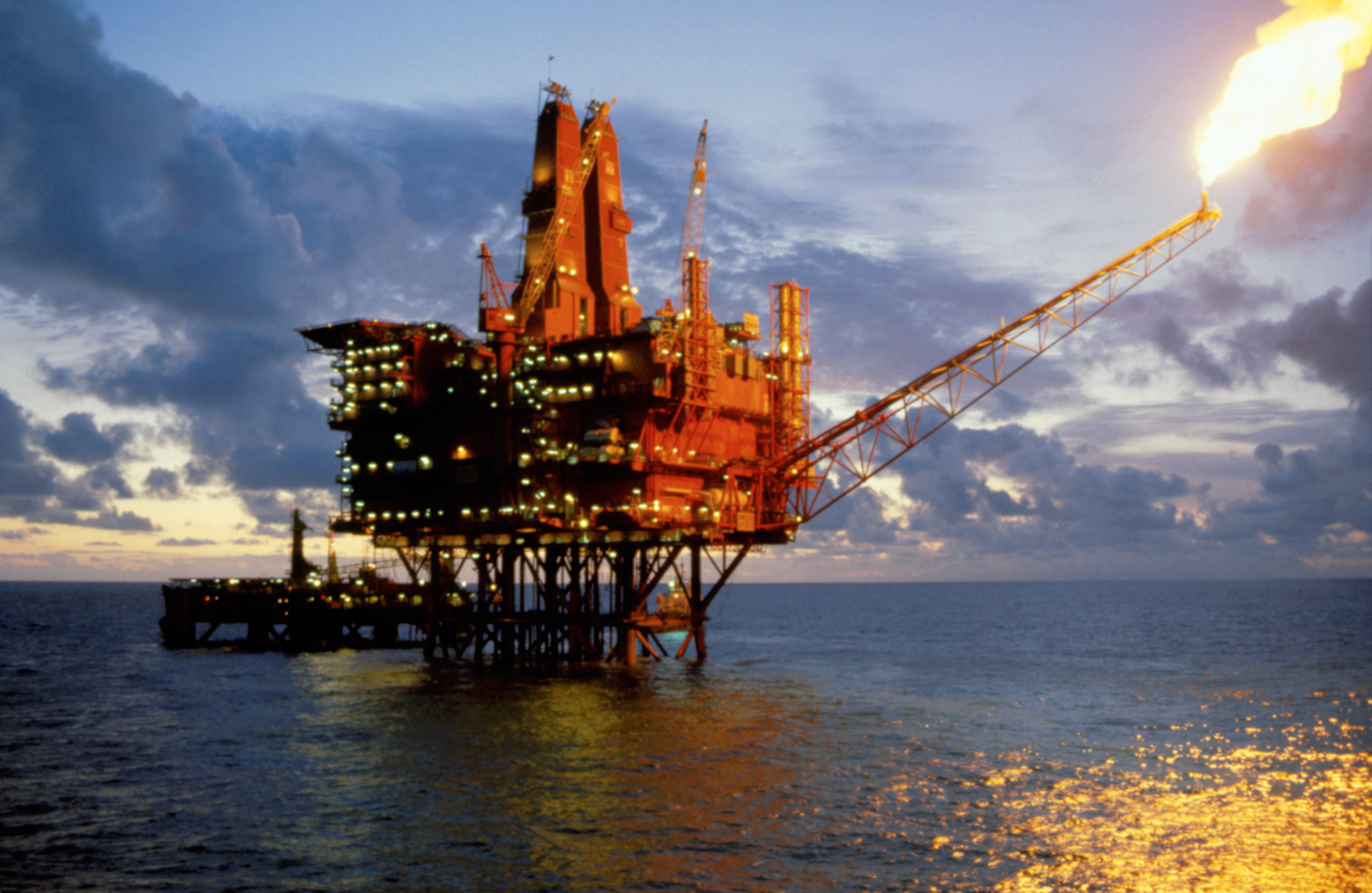CHOCOLATE giant Mars has the munchies — as it holds talks to gobble up the maker of Pringles.
The firm, which also makes M&Ms, Snickers, Dolmio sauces and pet food, is said to be considering a bid for US rival Kellanova.
Shares in Kellanova, which used to be called Kellogg’s before a split of the cereal giant, surged by almost 20 per cent yesterday as the takeover talks emerged.
It was one of the few US companies to rise during a savage global markets sell-off yesterday.
US snack business Kellanova has a pantry of favourites including Pop-Tarts and Pringles — the curved crisp famous for its “Once you pop, you can’t stop” catchline.
It also owns cereal Special K — known for its long-running classic red swimsuit adverts in the 1990s and early Noughties when it marketed itself as a diet food.
Kellanova is valued at £20billion in New York, meaning a bid from Mars would be one of the biggest food deals since Kraft’s merger with Heinz almost a decade ago.
A takeover could value Kellanova at around $30billion (£23billion), said the Wall Street Journal, which first reported the talks.
Kellogg’s spun-off its US cereal business — which includes Frosties and Froot Loops — into a separate company called WK Kellogg last year, but Kellanova still produces Special K.
The deal talks come as big food companies are starting to suffer from consumers turning their back on expensive brands, which have hiked prices to cover costs.
Many shoppers have switched to supermarkets’ own budget alternatives.
Now big firms are under pressure to revive sales without just relying on higher prices.
Mars has also faced soaring cocoa prices, which have resulted in it shrinking the size of its chocolate bars, including Galaxy, to offset the cost of ingredients.
A potential tie-up with Kellanova, which has been doing better than its rivals, could help Mars fight back against falling sales volumes and slowing growth.
TD Cowen analyst Robert Moskow said: “K’s portfolio of popular snack brands will fit well with Mars and help them expand scale in international markets.”
But Mars could face competition from rival suitors including Cadbury owner Mondelez, although analysts say Mars has more financial firepower.
Last year, Mars snapped up posh chocolate brand Hotel Chocolat in a £534million deal.
Electric vehicles turn-off
CAR makers are unlikely to hit this year’s government target for electric vehicles, warns the motor industry’s trade body.
A slump in demand from private buyers means battery-powered vehicles will have 18.5 per cent share of the market, the Society of Motor Manufacturers and Traders said.
Tory ministers had set a target of 22 per cent as part of the goal to ban sales of new petrol and diesel cars by 2030 — and the Labour Government has so far kept the aim.
However, the SMMT has cut its forecast of electric vehicle sales from 393,000 to 364,000.
Chief exec Mike Hawes said waning demand from private buyers — rather than company fleets — remained the “overriding concern”.
Manufacturers who miss the Government target will soon face fines of £15,000 for every petrol or diesel car above the net zero threshold.
Vauxhall has warned this could result in factory closures.
NatWest 1% Slice
THE Government has sold a further 1 per cent of NatWest, a week after the Chancellor scrapped plans to sell its stake to the public.
The bank said the taxpayers’ stake had reduced from 19.97 to 18.99 per cent yesterday.
The move would have netted £260million for the Treasury.
Its remaining stake is worth £5billion.
Chancellor Rachel Reeves said she expects the Government to have exited its stake entirely by 2025 to 2026.
Retail heats up
RECENT sunshine has boosted sales of summer clothes, suncream and barbecue food, according to the British Retail Consortium.
June’s wet weather was a washout for the high street but retail sales returned to growth in July, lifting by 0.5 per cent.
Retailers now hope a feel-good boost from the Olympics and sunny skies will keep the momentum going.
Helen Dickinson OBE, boss of the British Retail Consortium, said: “Shoppers are preparing for days out with friends and holidays away.”
HALF of high street shops rate crime and antisocial behaviour as their biggest risk, according to a Federation of Small Businesses report.
The FSB called for free bus fares on key routes and parking on two Saturdays a month to boost footfall.
L’Oreal jab lot
L’OREAL has decided that injectable wrinkle treatments are “Worth It” after all.
The cosmetics giant is buying a ten per cent stake in Swiss firm Galderma, one of the world’s biggest makers of treatments to soften wrinkles.
The French cosmetics firm is spending about £1.5billion on the stake, say analysts.
Galderma was part of a joint venture between Nestle and L’Oreal before L’Oreal sold out its stake in 2014.
Galderma was recently floated in a £13billion listing on the Swiss stock market.
40% fall of wood group as talks off
YESTERDAY’S huge global stock market sell-off has already claimed its first victim after a bidder abandoned a takeover of Scottish oil services firm Wood Group.
Dubai-based rival Sidara said it would pull out of takeover talks “in light of rising geopolitical risks and financial market uncertainty”.
A dramatic market rout has wiped billions off the valuation of London, Asian, and New York stock markets amid fears of a big tech bubble and wider concerns about the US economy.
The abrupt end to talks between Wood Group and Sidara comes after almost 18 months of the Scottish energy services firm being a takeover target.
Last year it rejected several bids from private equity firm Apollo that valued the business at £2.2billion.
It then took three approaches from Sidara before agreeing to enter takeover talks at 230p-a-share.
Shares in Wood Group crashed yesterday.
They closed down 74p, or 37.6 per cent, to 123p.
But the business insisted it still had confidence in its “strategic direction” and aims to generate “significant free cash flow next year”.
Services growth
THE UK’s services sector has recorded the strongest level of demand for more than a year, according to a closely watched survey.
The S&P Global services purchasing managers index, which measures the pub, restaurant, hotel and bar sector, scored 52.5 in July.
The PMI score was slightly above the 52.1 of the previous month as new orders increased and employment went up.
Any figure above 50 indicates growth.




